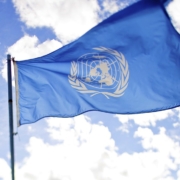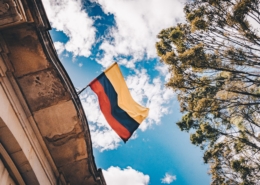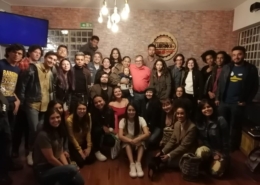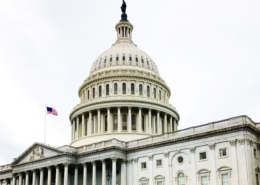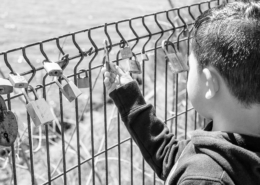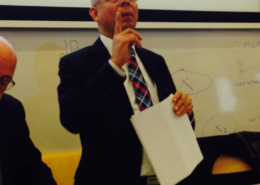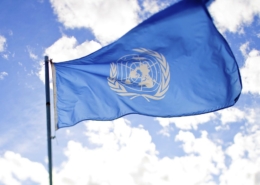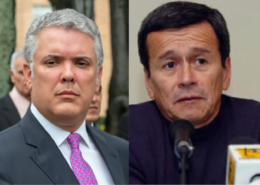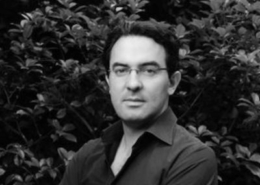March 18 / 2020
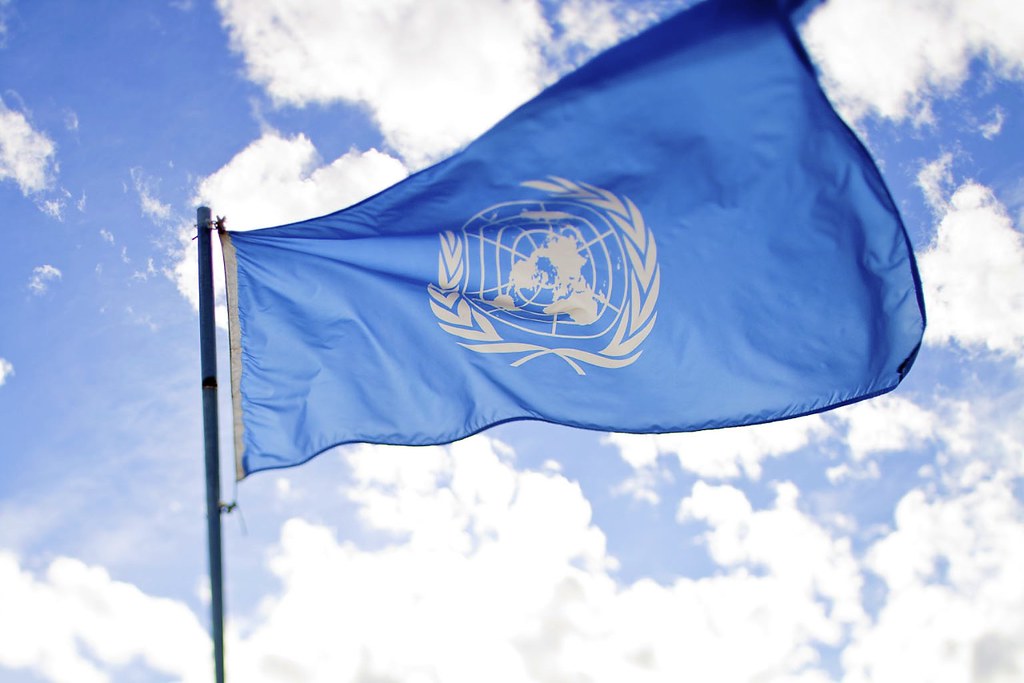
In the first week of March 2020, the United Nations High Commissioner for Human Rights launched the report made by the UN Special Rapporteur on Human Rights Defenders, Michel Forst, after his 2019 visit to Colombia to investigate the current human rights situation in the country. This report has been subject to much criticism from the Duque administration and its political allies. The report recognises the different commitments made by the Colombian state to reduce human rights violations, such as the attempt by the Attorney General Office to reduce impunity for the killings of human rights defenders, and the signing by the government of a “Pact for the Life and Protection of the Social Leaders and Human Rights Defenders”.
However, the report stresses the critical situation currently facing human rights defenders in Colombia. They continue to be targeted with death threats and assassinations by different armed actors, making Colombia the most dangerous place in Latin America to be a human rights defender. The report puts forward a series of recommended reforms, strongly encouraging the Colombian government to fully implement the 2016 Peace Agreement signed with the FARC-EP, which, taken as an interdependent whole, makes robust provisions for preventing recurrence of future cycles of violence. It is not too late for this, but time is running out, and meanwhile the assassinations of social leaders and defenders are rising.
The Colombian government reacted to the UN report by immediately undermining it in public statements, and claiming that its recommendations constituted an attack on the government’s sovereignty. In addition, during a radio interview, Alicia Arango, the Colombian Interior Minister, compared the murders of human rights defenders to killings committed in the context of armed robberies of mobile phones, thus negating the political and targeted nature of these murders. Some of the government’s political allies in Congress even suggested shutting down the Office of the UN High Commissioner for Human Rights in Colombia.
On 9 March, to reduce the growing tensions between the Colombian government and the UN, President Iván Duque met with UN General Secretary Antonio Guterres in New York, where he agreed to continue to cooperate with all UN agencies present in Colombian territory. President Duque publicly stated that the Colombian government does not reject the UN High Commissioner for Human Rights and pointed out that, on the contrary, he had recently renewed its mandate.
Embrace Dialogue recognises the pivotal role that the Office of the UN High Commissioner for Human Rights has played over the years in the protection of human rights during the armed conflict, and more recently during implementation of the Peace Agreement. We support its work and encourage the Colombian government to carefully consider its recommendations to fully implement the Peace Agreement. We also urge the Duque administration to implement policies to protect human right defenders who remain at great risk in Colombia.

